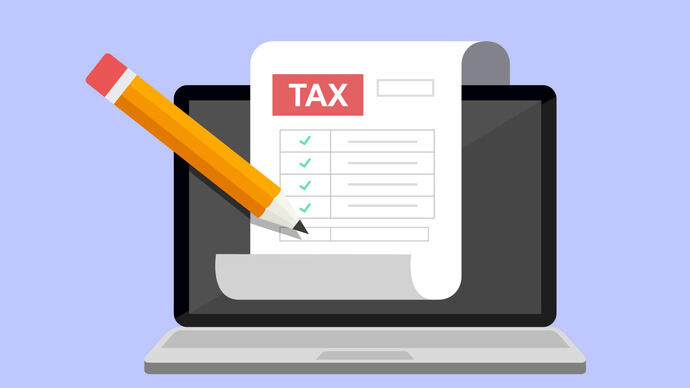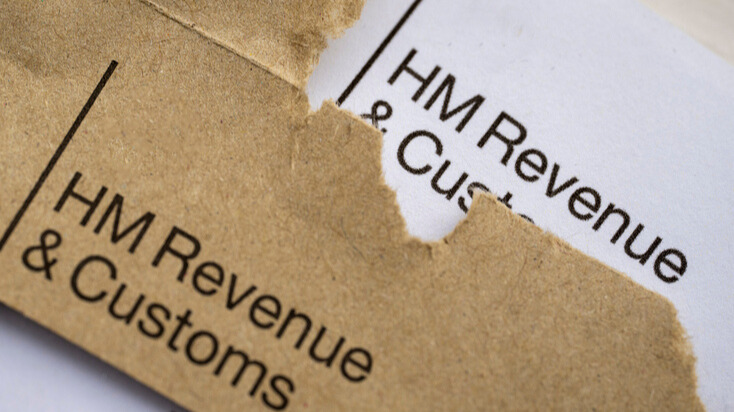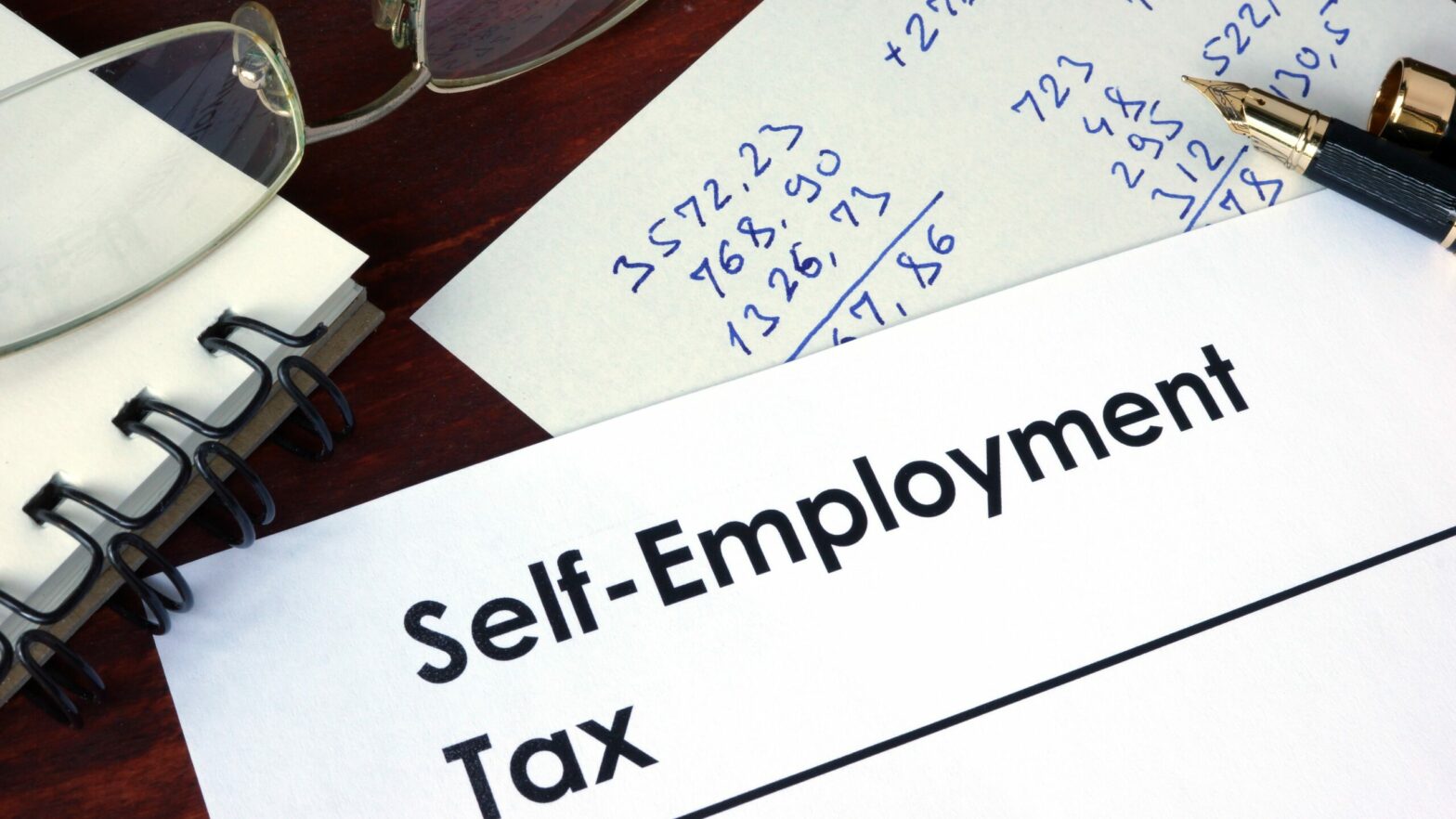Q. I work full time (40 hours a week) and as well as this I want to run a side business online. How is the tax I currently pay affected, i.e. how much more will I pay, and do I have to pay National Insurance twice?
A. In the case of UK residency, any extra income in excess of £1,000 from a side business will also be subject to UK taxation. If this is on a self-employed basis (as opposed to trading through a limited company, see below) you will have until 5th October following the end of the tax year in which you commenced, to notify HMRC, you may be fined if you do not.
As a sole trader, you should expect to complete a ‘self-employment’ section of your annual tax return after the end of the tax year (5th April). It is likely that your tax personal allowance has already been used against your employment income, so some, or all, of the self-employment profits, may be taxed at a higher rate. Don’t forget, you are allowed to deduct relevant expenses such a computer costs, telephone, etc or an allowance, to cover all expenses of £1,000.
After you complete your year-end tax return, you will receive a calculation from HMRC showing whether you have any further tax or NIC to pay as a result of the amalgamation of all your sources of income, less any allowances you are entitled to.
You ask about National Insurance Contributions (NIC). As an employee, you pay Class 1 NIC. Self-employed people pay Class 2 and Class 4 NIC depending on the level of profits. You can get the latest levels of NIC percentages here.
You may be advised to create a limited company through which to trade your online side business. Trading through a company can offer opportunities for saving income tax and NIC by paying dividends on any profits earned rather than taking a salary, however, the cost and time to administer the Limited Company may outweigh any savings.
Making Tax Digital is currently being introduced by HMRC and will eventually enforce more onerous and regular reporting requirements for all those with self-employment turnover in excess of £10,000.
Therefore, it is worth considering cloud-based accountancy software from the outset to ease the future needs for quarterly filing of accounts to HMRC. Such cloud products also have the benefit of being a more efficient accounting solution, giving the business owner a constant overview of how their business is performing.
These rules can get very complicated and so you should seek the advice of a chartered accountant.
Chris Barwick is tax manager at Sheards Accountants.





